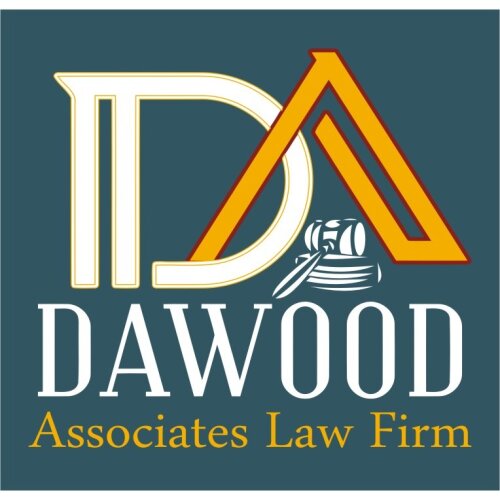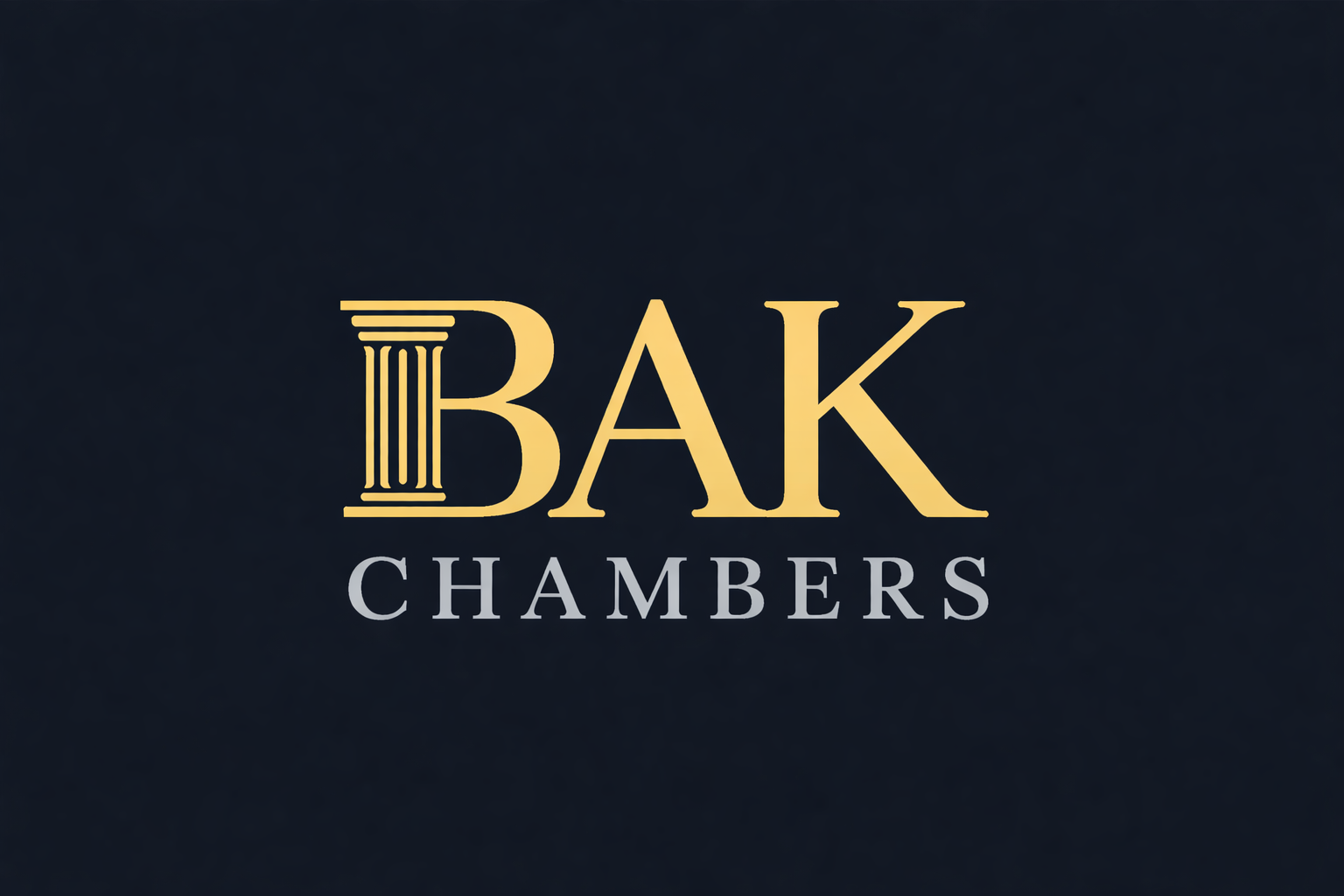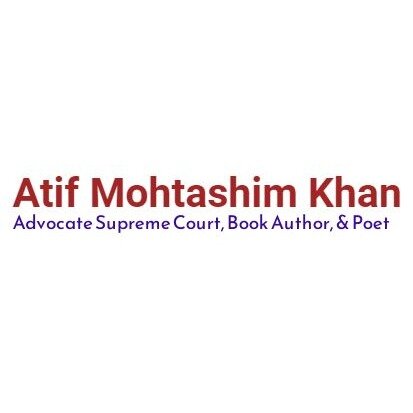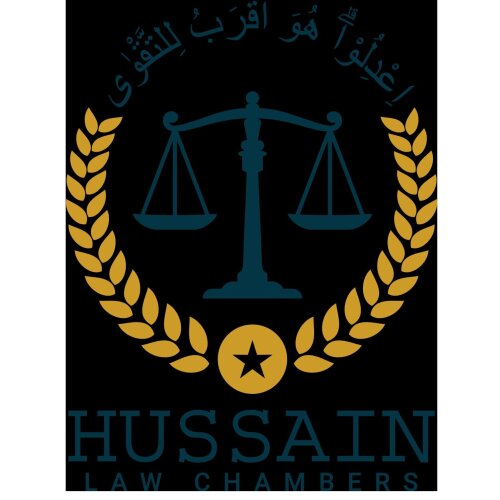Best Faith-Based Law Lawyers in Lahore
Share your needs with us, get contacted by law firms.
Free. Takes 2 min.
List of the best lawyers in Lahore, Pakistan
About Faith-Based Law in Lahore, Pakistan
Faith-Based Law in Lahore, Pakistan, primarily encompasses Islamic Law, also known as Shariah. It influences various aspects of personal and legal life, particularly in matters such as marriage, divorce, inheritance, and family disputes. The legal framework is derived from the Quran, Hadith, and interpretations by Islamic scholars. While civil law governs commercial and criminal matters, many personal issues are addressed under Faith-Based Law, reflecting the strong cultural and religious fabric of Pakistan.
Why You May Need a Lawyer
There are several circumstances where individuals might require legal assistance involving Faith-Based Law:
- Marriage and Divorce: Legal guidance is essential to navigate the complexities of marriage contracts (Nikah) and divorce (Talaq).
- Inheritance: Understanding the lawful distribution of assets according to Shariah is crucial upon the death of a family member.
- Family Disputes: Issues such as child custody and maintenance often require professional legal intervention.
- Contractual Matters: Any agreements or disputes that reference Islamic law might necessitate legal clarification.
- Educational Institutions: Matters involving faith-based educational bodies might require specialized legal insight.
- Charitable Organizations: Handling matters like setting up trusts (waqf) under Shariah can be complex without legal help.
Local Laws Overview
In Lahore, as elsewhere in Pakistan, the legal framework that pertains to Faith-Based Law includes, but is not limited to:
- Muslim Family Laws Ordinance (1961): Governs marriage, divorce, and other aspects of personal law for Muslims.
- West Pakistan Family Courts Act (1964): Establishes family courts for adjudicating family disputes.
- Succession Act (1925): Provides guidelines for inheritance distribution along with Islamic principles.
- Constitution of Pakistan: Ensures that laws conform to the injunctions of Islam as contained in the Quran and Sunnah.
Frequently Asked Questions
What is the role of a Qazi in Islamic legal matters?
A Qazi is an Islamic judge who interprets and applies Shariah law to resolve disputes, particularly in family issues.
How is Islamic marriage registered in Lahore?
Islamic marriages are formalized through a Nikah ceremony and registered with the local Union Council to ensure legal recognition.
What are my rights in a divorce under Islamic law?
Both men and women have rights specified under Shariah, including Muttaq or dower settlement, child custody, and maintenance.
How does inheritance work under Islamic law?
Inheritance is typically divided among family members according to proportions outlined in the Quran, with protections for specific relatives.
Can non-Muslim Family Law issues be settled using Islamic law?
No, non-Muslims in Pakistan are subjected to their respective personal laws and not Islamic law in their family matters.
What is the legal process for setting up a Waqf?
Setting up a Waqf involves declaring an asset as endowed for religious or charitable purposes, registered with appropriate authorities.
Is mediation available for faith-based family disputes?
Yes, mediation is encouraged within the Islamic framework to resolve family disputes amicably before pursuing litigation.
What jurisdiction do Family Courts have in Lahore?
Family Courts in Lahore have jurisdiction over matters such as marriage, divorce, maintenance, custody of children, and inheritance issues.
Are Faith-Based educational institutions governed by Islamic Law?
Faith-Based educational institutions in Lahore adhere to both governmental regulations and Islamic principles in their governance and curriculums.
What are the legal implications of faith-based contracts?
Faith-based contracts must comply with both secular laws and Islamic principles, making legal advice crucial to ensure enforceability.
Additional Resources
Several resources exist to help guide individuals seeking legal advice in Faith-Based Law:
- Shariah Council: Provides religious and legal counsel on Islamic law-related issues.
- Lahore Bar Association: Offers directories and support for finding specialized lawyers.
- Punjab Family Courts: The courts specifically handle disputes related to family law including Faith-Based Law.
- Human Rights Commission of Pakistan: Assists with addressing any issues related to human rights within faith-based family law.
Next Steps
If you require legal assistance in Faith-Based Law, consider the following steps:
- Consult with a lawyer specializing in Faith-Based Law to understand your legal position and options.
- Gather relevant documents and any existing agreements or contracts pertinent to your legal matter.
- Reach out to local legal aid societies or bar associations for referrals to qualified legal professionals.
- Consider mediation or arbitration as alternative dispute resolution options before heading to court.
Taking these steps will help ensure that your legal matters are handled comprehensively and in accordance with both local laws and faith-based principles.
Lawzana helps you find the best lawyers and law firms in Lahore through a curated and pre-screened list of qualified legal professionals. Our platform offers rankings and detailed profiles of attorneys and law firms, allowing you to compare based on practice areas, including Faith-Based Law, experience, and client feedback.
Each profile includes a description of the firm's areas of practice, client reviews, team members and partners, year of establishment, spoken languages, office locations, contact information, social media presence, and any published articles or resources. Most firms on our platform speak English and are experienced in both local and international legal matters.
Get a quote from top-rated law firms in Lahore, Pakistan — quickly, securely, and without unnecessary hassle.
Disclaimer:
The information provided on this page is for general informational purposes only and does not constitute legal advice. While we strive to ensure the accuracy and relevance of the content, legal information may change over time, and interpretations of the law can vary. You should always consult with a qualified legal professional for advice specific to your situation.
We disclaim all liability for actions taken or not taken based on the content of this page. If you believe any information is incorrect or outdated, please contact us, and we will review and update it where appropriate.

















